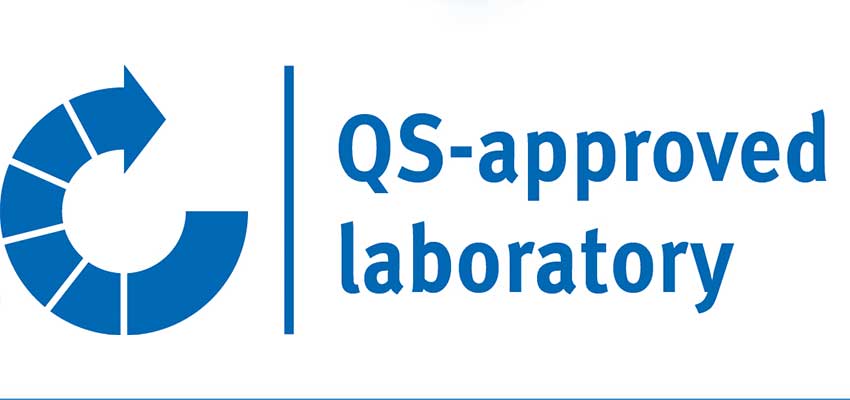Just before the end of the year, QS GmbH presented the for the examination of fruit, vegetables and potatoes.
In the QS Scientific Advisory Board, the specifications regarding the spectrum of active substances and the testing frequency for the new year were agreed. The will take you directly to the new table. Methodological developments in analytics were also taken into account.
The relevant changes include the abandonment of the previous testing of lettuces from Italy for total inorganic bromide and the determination of the bromide/chloride ratio. In addition, testing for dithianon residues in peaches and nectarines is voluntary in 2023.
YOUR PLUS: The AGROLAB GROUP laboratories recognised for QS residue monitoring automatically take the new requirements into account and adapt the assessment bases accordingly.
Author: Dr. Frank Mörsberger

 Contact
Contact

 Contact
Contact Career
Career